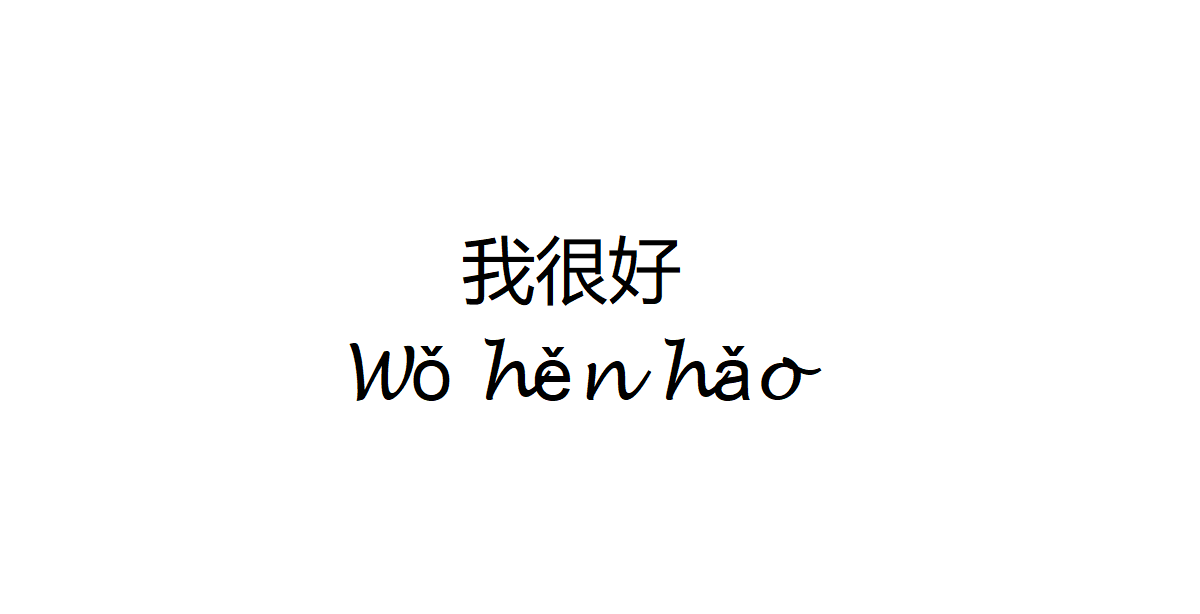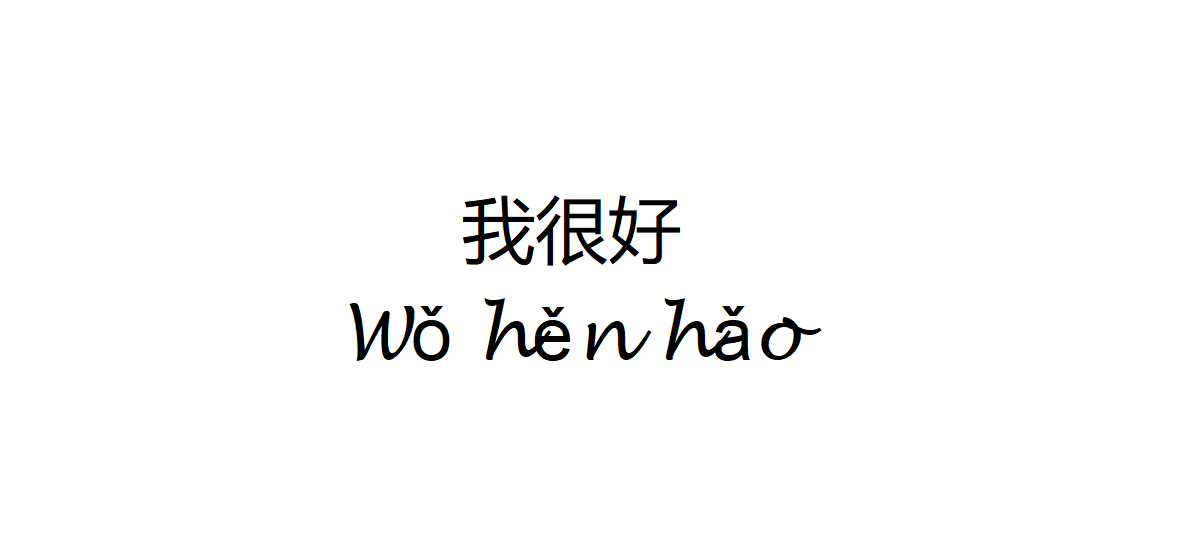Saying “I am good” in Chinese is easy and straightforward. In Mandarin, the most common way to say this phrase is “Wo Hao” (我好). This literally translates to “I am good” or “I’m fine.” Other translations of this phrase could be “Wo Hen Hao” (我很好) or “Hao De” (好的). The first two phrases are more commonly used when talking to someone else, while the last one is often used as a response. For example, if someone asked you how you were doing, you would reply with either “Wo Hao” or “Wo Hen Hao.” If they said something like “have a nice day!,” then you would respond with just “Hao De.”

How to Say I Am Good in Chinese
If someone wanted to give an extra emphasis on their wellbeing and happiness, they could use the phrase “Wo Fei Chang Huan Yi” (我非常痛快), which translates directly into English as ‘I feel very happy.’ It’s important to note that this phrase isn’t often used in everyday conversation.
In Cantonese, there are multiple ways of saying I am good: Ngoh Horng Gorng/Ngoh Horr Gorr (唔夠恭)/Ngoi Hoeng Gung( 我很恭) all mean I’m doing well or I’m fine respectively in Cantonese dialects spoken throughout different parts of China and Hong Kong. The last one also means ‘very respectful’ so it can also be used when expressing gratitude towards someone else in a polite manner.
Learning how to say I am good in Chinese is pretty simple. Just remember Wo Hao for Mandarin and Ngoh Horng Gorng/Ngoi Hoeng Gung for Cantonese!
Example Sentences using I Am Good in Chinese
1. I am good at playing the piano. – 我擅長彈鋼琴
2. I am good at making new friends. – 我很 善於交朋友
3. I am good with numbers and calculations. – 我擅長數字和計算
4. I am good at solving problems quickly and efficiently. – 我善於迅速有效解決問題
5. I am a good listener when it comes to helping people out with their issues or concerns. – 當幫助別人處理他們的問題或關注時,我是一位好傾聽者
6. I am doing good, thanks. – 我很好,谢谢


 How Are You Doing in Chinese
How Are You Doing in Chinese